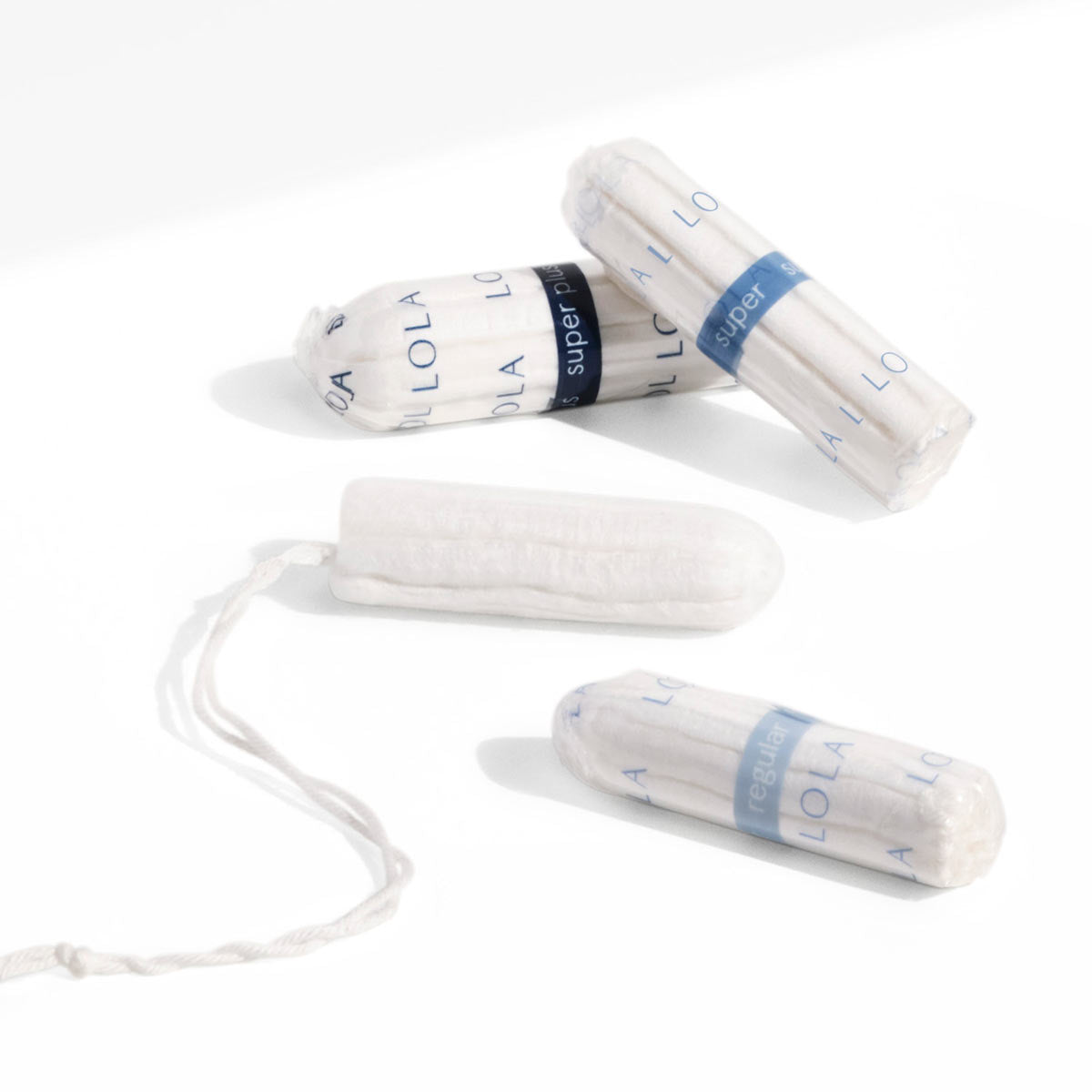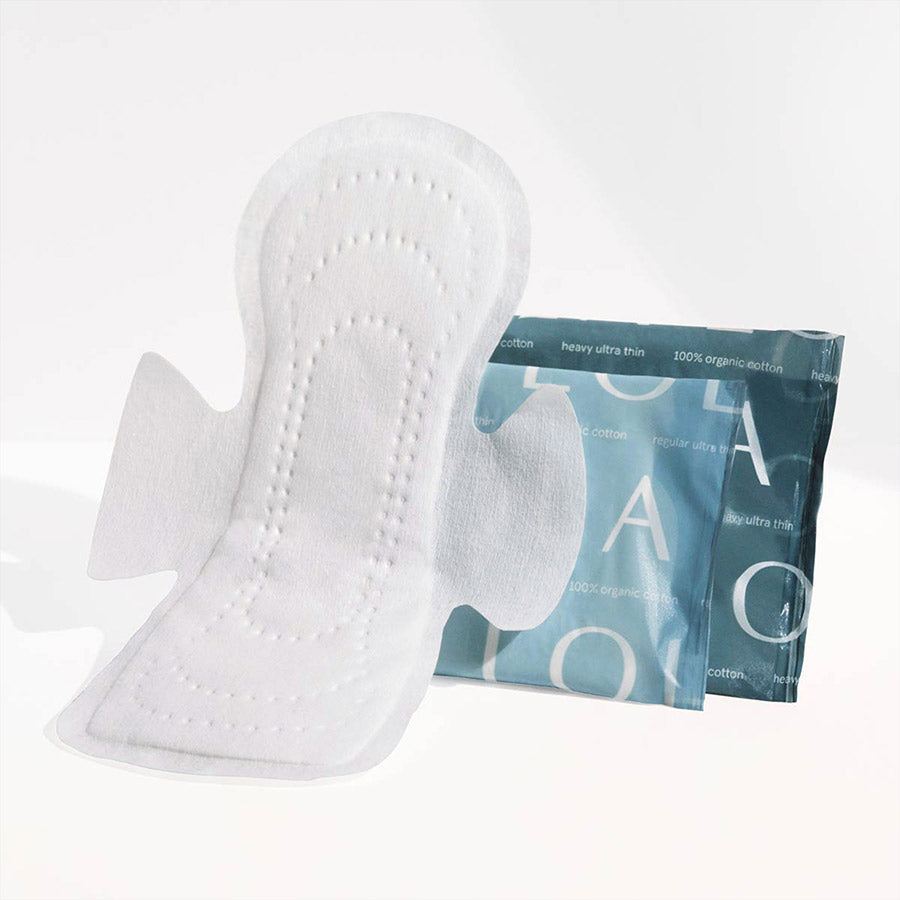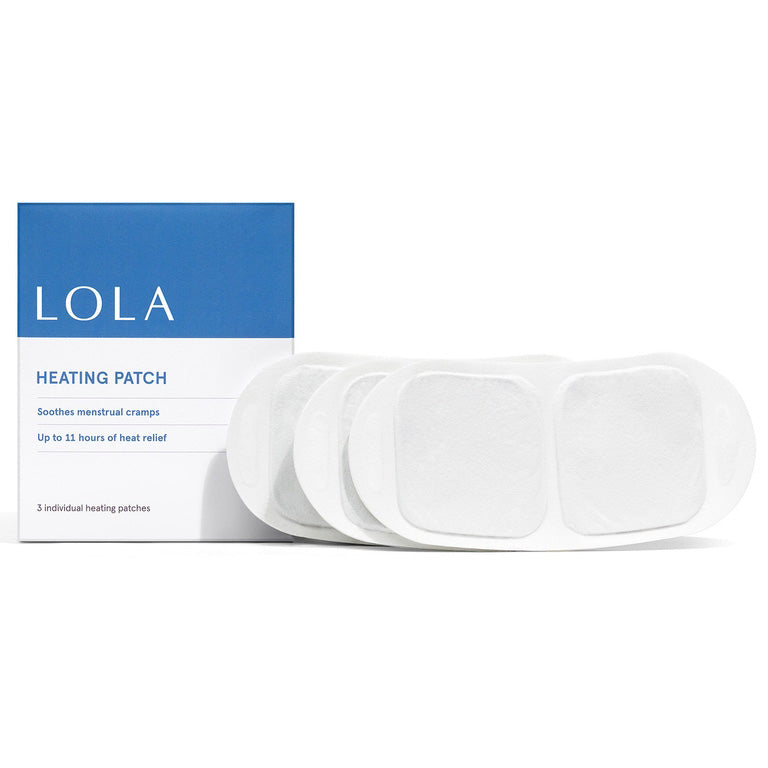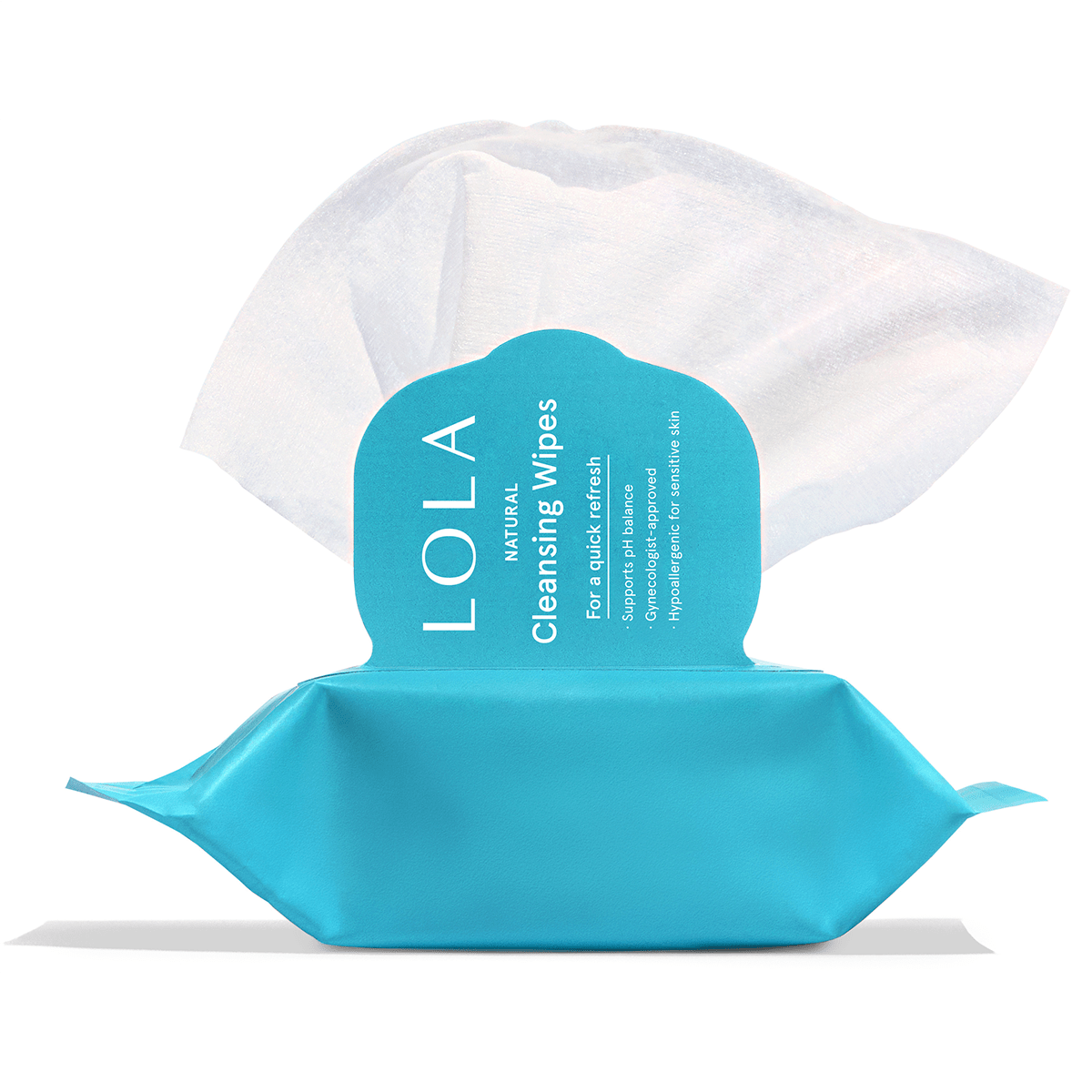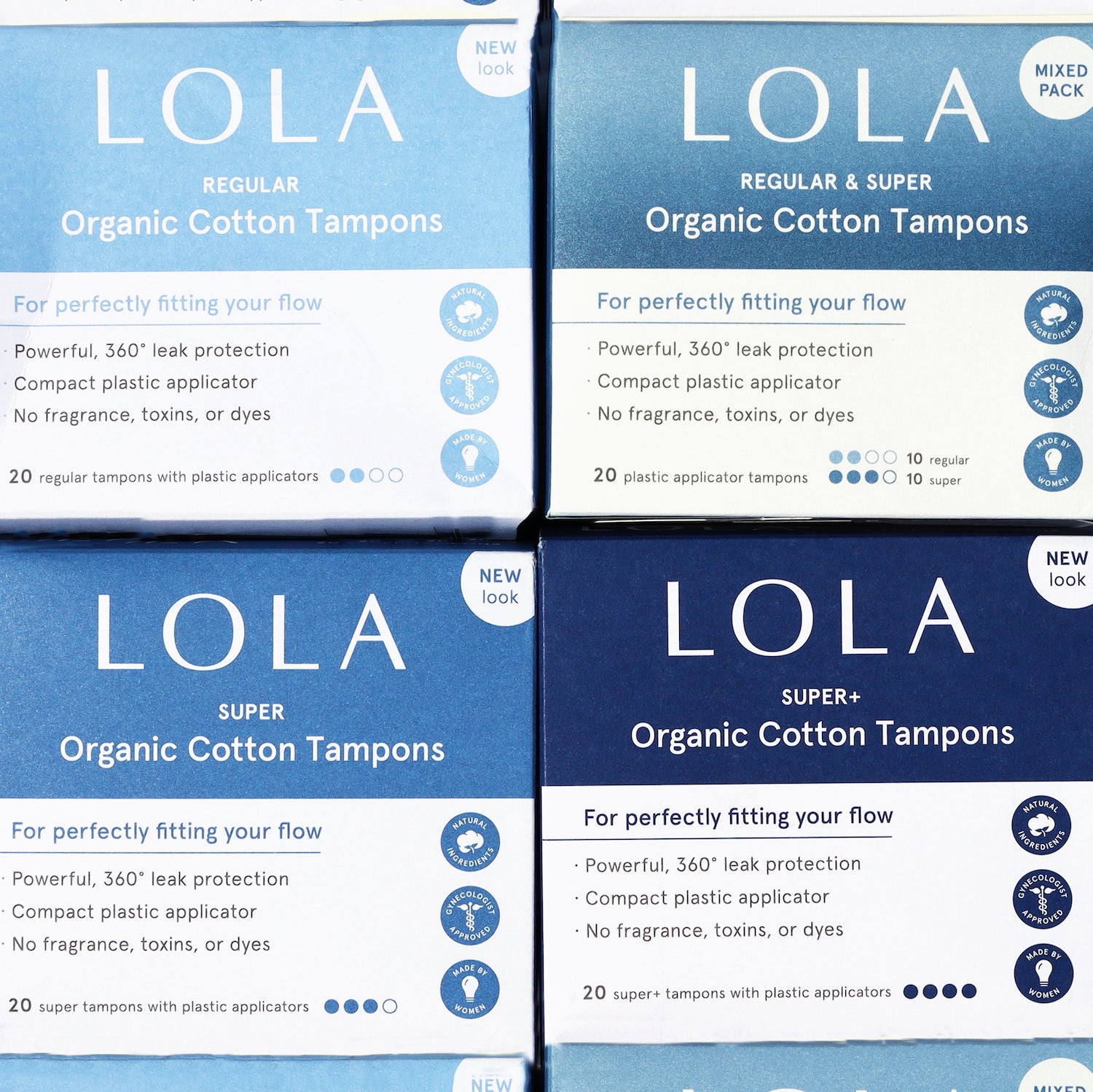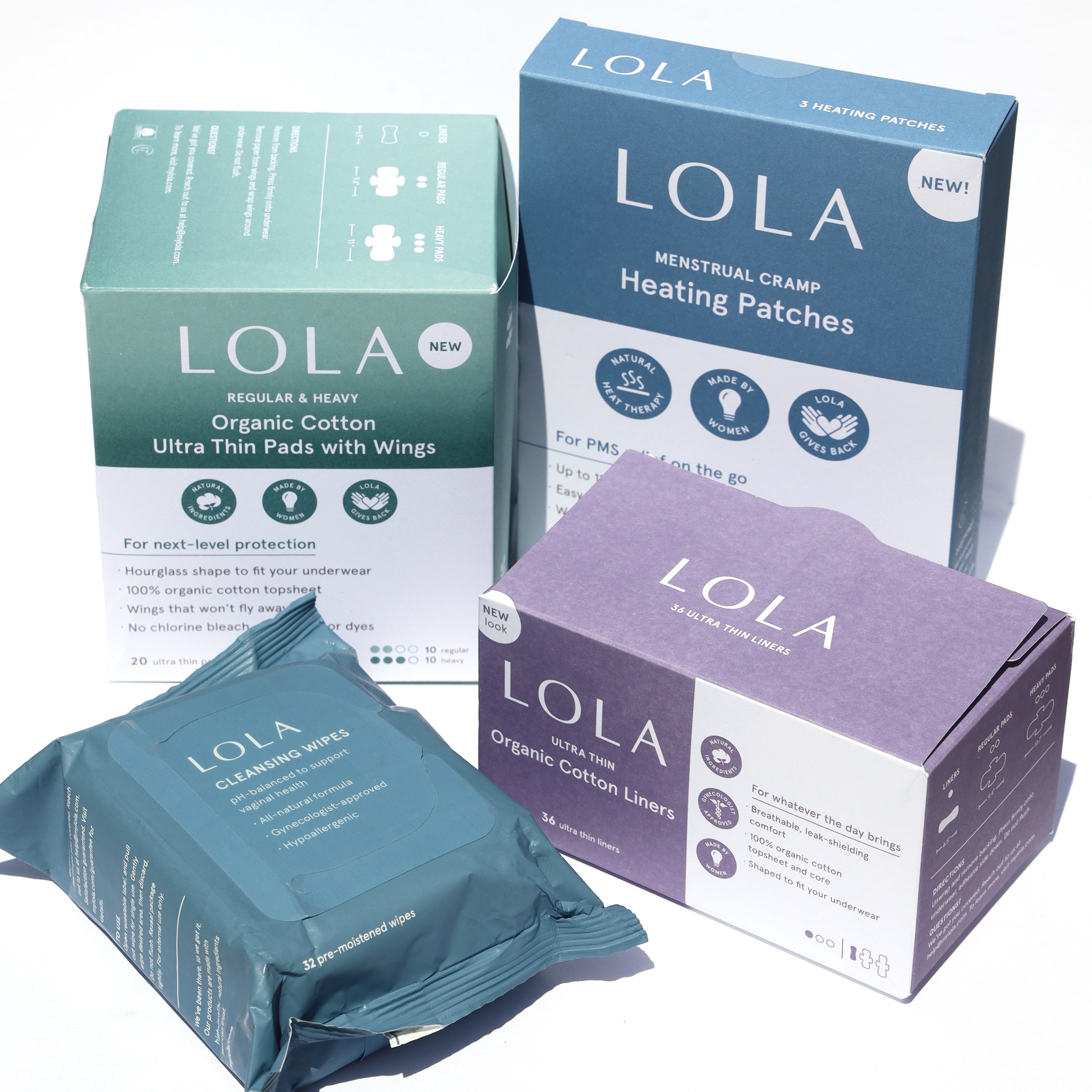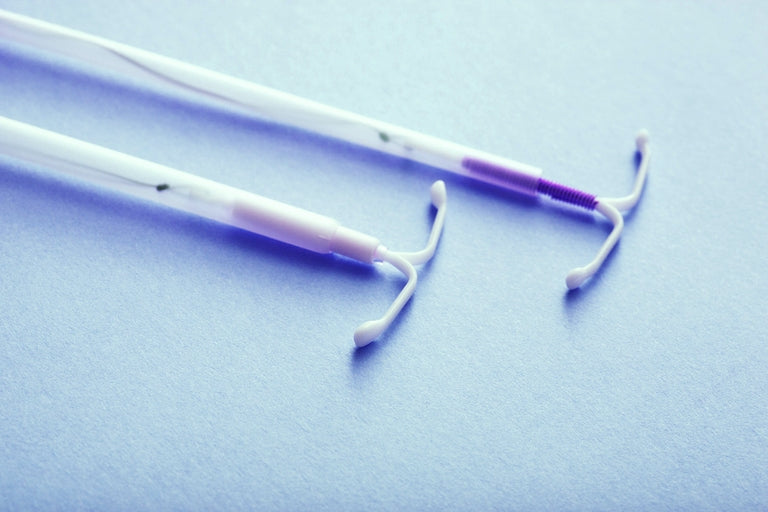There's no doubt about it: inflammation is getting a lot of buzz in the health industry. Articles on the topic warn against the negative impact of long-term inflammation and offer strategies to reduce it, from avoiding refined sugar to popping a daily turmeric supplement.
But it's important to keep in mind that inflammation is your body's natural response to protect itself from harm. (Yes, it can actually be a good thing!) For example, when you cut your finger, cells begin to surround, protect, and heal the wound, which is why the area swells or turns red.
Similarly, when not-so-great substances exist in the body (think cigarette smoke, excess fat cells, or environmental toxins), these same cells come to the rescue. But here's the thing: when this defense mechanism persistently occurs, perhaps due to years of smoking or a long-term unhealthy diet, your body can end up in a constant state of emergency and inflammation. In other words, too much of a good thing (in this case, inflammation) can negatively impact our health.
One of the ways intrauterine devices, or IUDs, work to prevent pregnancy is by creating an inflammatory response in the uterus. But given the concern around inflammation, is this something IUD users need to be worried about? IUDs are one of the most effective forms of contraception, but could they be more harmful than helpful? To learn more about IUDs and inflammation, we spoke with Shelza Rivas, a women's health nurse practitioner in Nashville, Tennessee.
What do IUDs and inflammation have to do with each other?
All IUDs, whether hormonal or non-hormonal, create an inflammatory response in the uterus. "After all, the IUD is a foreign body," says Rivas. "When any organ is exposed to a foreign object, like the uterus, inflammation is likely to occur simply because the body's natural response is to try to get rid of it."
Rivas explains that the inflammation caused by the IUD creates an environment in the uterus in which sperm cannot thrive and fertilized eggs can't implant on the uterine wall. "The inflammation decreases the sperm's ability to move and reduces their chances of survival, which in turn decreases the chance of pregnancy," says Rivas. Even if the sperm were able to reach and fertilize an egg (which is highly unlikely due to its inhibited ability to exist in the uterus), it would be incredibly difficult for the fertilized egg to then find a home on the uterine wall since it's inflamed.
Is this type inflammation harmful?
Since some IUDs, like the copper-based Paragard, can stay in the uterus for up to 10 years, isn't this essentially a recipe for long-term inflammation?
"This inflammatory environment is not damaging to our body by any means," says Rivas. "The inflammation caused by an IUD is a safe reaction because of the way its introduced to the body and the level of inflammation it produces."
Rivas offers the example of falling on gravel and cutting your knee. The dirt in the cut needs to be removed, not just because it's a foreign body and thus will produce an inflammatory response, but primarily because it can introduce bacteria that can prevent healing and cause infection. If the dirt is left, the body will do all it can to heal itself " tissue swells, the area becomes warm, and discharge may develop. If left too long in this state, you may develop a fever and widespread infection.
"The IUD, on the other hand, is introduced into the uterus in a completely sterile way to prevent infection," says Rivas. "The device is made to live comfortably in the uterus for a certain number of years. It produces a safe level of inflammation which only exists in the uterus and is only enough to prevent pregnancy."
What about pelvic inflammatory disease (PID)?
It's normal to associate IUD inflammation with pelvic inflammation, but Rivas notes these two concepts are unrelated. "PID is not something that women should be concerned about with IUDs," she says. "Unlike local inflammation " the inflammation caused by an IUD that works to prevent pregnancy " PID is caused by bacteria found in sexually transmitted diseases like gonorrhea and chlamydia," explains Rivas. When these STDs are left untreated, the bacteria can spread to the uterus, fallopian tubes, or ovaries, which can cause PID.
"IUDs should never be inserted in a woman with an active PID infection, which usually presents as uterine tenderness, pain, or discharge," says Rivas. "It's common practice to screen for gonorrhea and chlamydia before an IUD insertion to make sure that we're not inserting an IUD during an active infection." Rivas notes that if an IUD is inserted in a woman with an active infection, the the likelihood of developing or worsening PID may occur.
So the next time you hear the trigger word "inflammation," don't forget that it's not necessarily such a bad thing. Sure, we're all about anti-inflammatory turmeric lattes, but we're even more excited about effective and safe forms of contraception.


